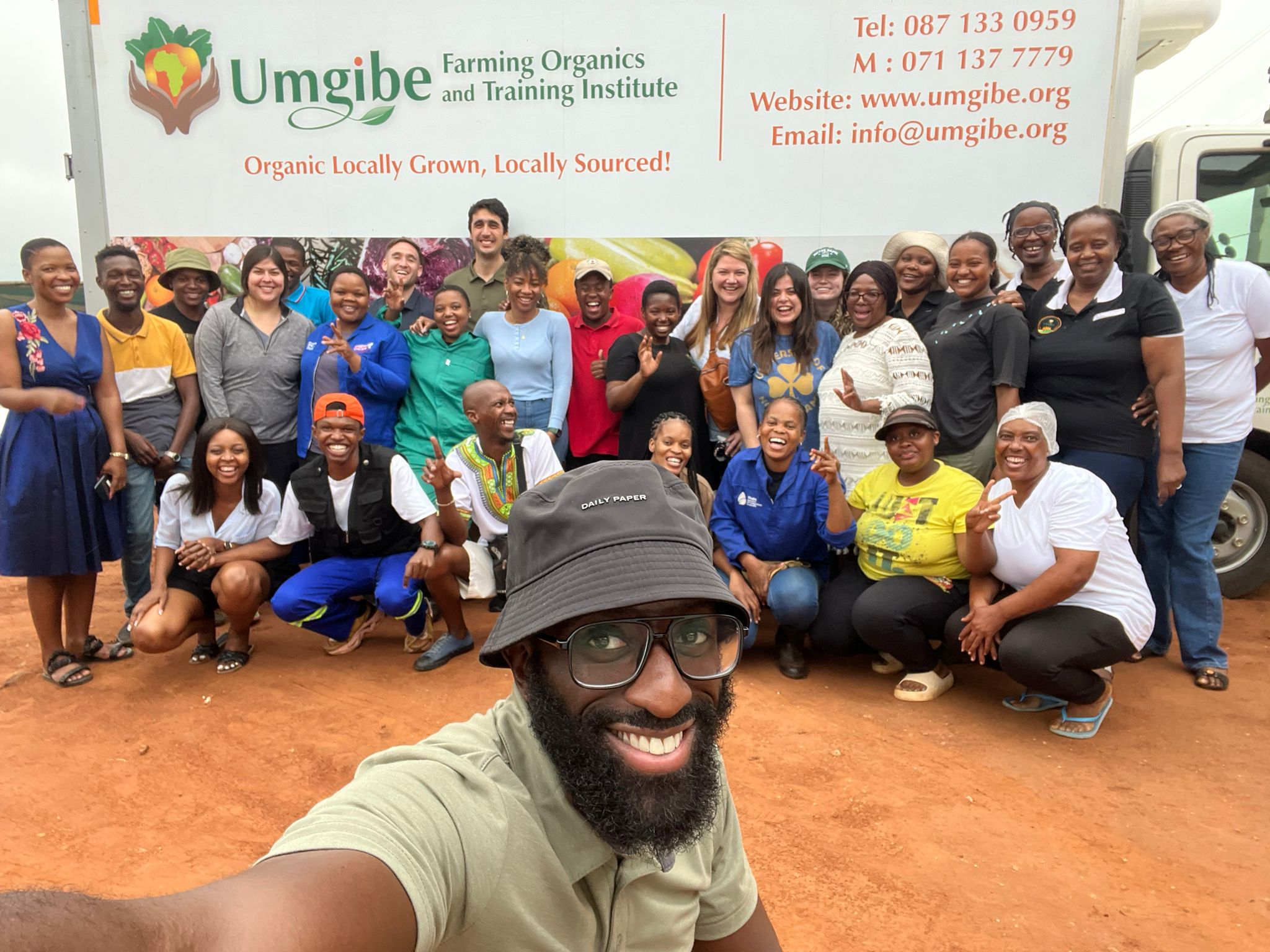
Umgibe is dedicated to aiding local entrepreneurs, specifically women and youth, to grow sustainable businesses and foster a strong co-operative network. Umgibe has received recognition for its work in promoting sustainable agriculture and community engagement in environmental issues. Since its inception in 2007, Umgibe has helped small-scale farmers across South Africa. To expand reach and impact from approximately 300-400 farmers to 3,800 and beyond, the organization needs to focus on core value-add operations and adjust its focus from agricultural training to broader agri-business enablement.
Today, Umgibe’s activities extend from both accredited training and bespoke training partnerships to plant and animal production to non-profit and educational efforts. This web of activities generates multiple types of value for the ecosystem but creates operational challenges given staff and financial constraints. Umgibe’s mission involves supporting smallholder farmers develop businesses – recently, the organization had 3,800 of these farmers register with its Farmers Association and express interest in support and production - and we assess six key components of that support:
1. Training
2. Business Set-up & Development
3. Mentorship and Ongoing Support
4. Access to Markets
5. Production Management & Quality Control
6. Financing
Umgibe has a proven track record of success in four of these six components but could improve its production management process and develop a robust financing process to aid farmers if it wishes to fully realize the potential of its new, 3,800- member Association. With operational processes in place, Umgibe can attract financing to help its farmers and entrepreneurs overcome startup costs, ultimately allowing the organization to support all 3,800 members of the Association.
What did we do?
Prior to our in-country experience, we gathered data from a variety of sources across these six components to fully understand the business model and organizational structure of Umgibe. After conducting dozens of interviews with Umgibe’s partners, stakeholders, farmers, and other individuals, we spent our time in-country continuing this strategy performing real-time analysis on Umgibe’s business structure. We met with multiple farmers, banks, government officials, partners, and clients. We gathered previous financial and performance data to identify any gaps and areas for improvement. We identified the two components with the most potential for impact, production management and financing, and brainstormed different ways to improve their organizational structure, adopt a more efficient production management and tracking system, and create financial tools to best fit Umgibe’s needs.
What was the turning point?
Our initial hypothesis was centered on expanding their digital training services to increase revenue across the training institute by optimizing their training model. This would have helped Umgibe reach the 3,800 farmers and certify them across multiple areas of interest.
After a few days in-country, we quickly learned that digital training was not the most effective way to capture value across the six components of Umgibe. We came to this point by speaking with Umgibe staff, farmers, economists, and other stakeholders in the KwaZulu-Natal (KZN) region. Upon learning this, we spent even more time problem solving with our partner to deeply understand their core business infrastructure and identify gaps outside of digital training. Realizing the need for funding to continue creating an effective ecosystem for their current farmers and partners, we requested more data and information from our client and their constituents. This significantly helped us to refocus our hypothesis on funding for Umgibe and the metrics necessary to secure additional financing.
What was the recommendation?
We provided specific recommendations for improvement and sustainability under three main buckets:
Develop a production tracking system for the Farmers’ Association
Adjust organizational structure to correspond to new operational requirements created by production management system
Develop financial capability to help agri-peneurs overcome startup barriers